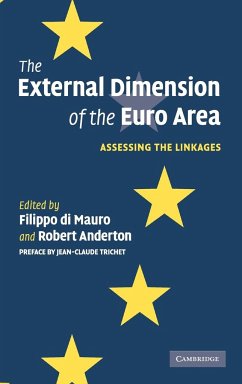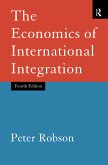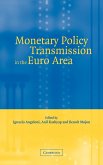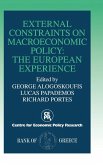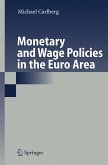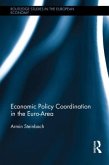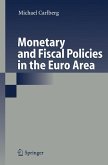Although still relatively closed, the euro area economy is nevertheless subject to a broad range of economic impacts originating from outside its borders. This book aims to improve our understanding of how, and to what extent, such external developments affect the euro area. Using a broad range of methodologies and techniques, the chapters analyse the various channels that connect the euro area to its external environment; most notably trade, capital flows and other international macroeconomic linkages. The result is that the interaction between the euro area and its 'external dimension' is shown to be more complex and extensive than had previously been thought. With contributions from both academics and professionals, this volume will be an invaluable source of information for researchers and policy-makers concerned with the interaction between regional European integration and globalization.
'Given the preponderance of intra-European trade among euro area members, it is tempting to think of the zone as akin to a closed economy. That is a mistaken view however: in part because of the significant influence of the euro zone on global trade flows; and in part because of the growing importance of the euro as a key currency. Having a volume devoted exclusively to the external implications of the euro is therefore timely and welcome, particularly when its contributors include leading academic commentators, practitioners and analysts from the policy-making community. The coverage of the volume is comprehensive, embracing a range of aspects of trade and cross-border investment and the chapters are accessible. This will prove to be a very useful source of reference to researchers and analysts alike.' David Greenaway, Professor of Economics, Pro-Vice-Chancellor and Director of the Leverhulme Centre for Research on Globalisation and Economic Policy, University of Nottingham

